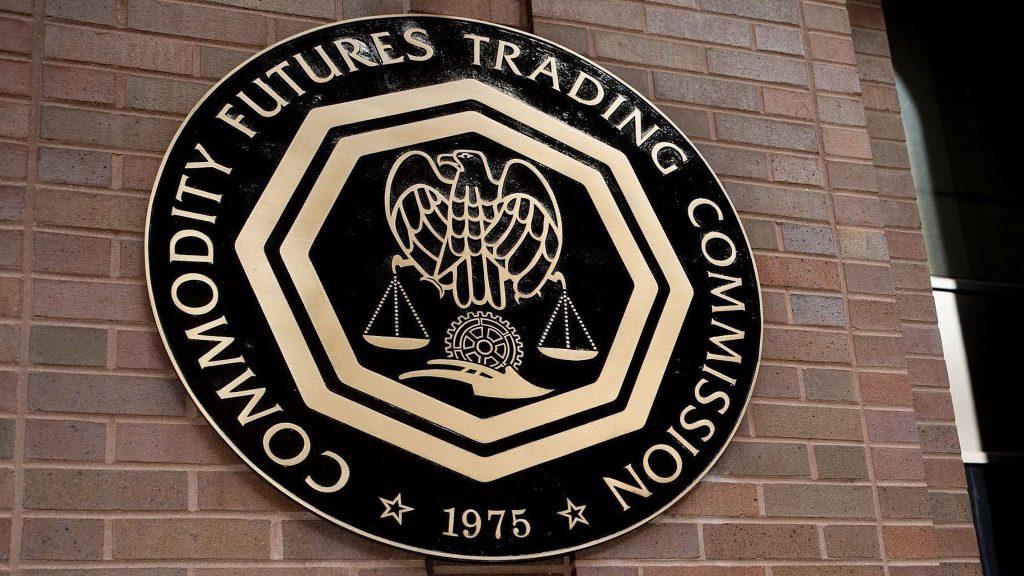Despite losing its first action against prediction marketplace Kalshi, the Commodities and Futures Trading Commission (CFTC) has filed a fresh petition trying to prevent the company from providing prediction markets for the next elections in November.
The CFTC has battled to keep the regulation in place while it works on its appeal, even though it lost its first case after a court said the regulatory agency overstepped its power in forbading the contracts. The agency quickly appealed to the DC Circuit Court of Appeals, which forced Kalshi to stop its election contracts eight hours after the company first listed them, even though District Court Judge Jia Cobb decided on Thursday that the contracts should be allowed, stating, “Congress did not authorize the CFTC to conduct the public interest review it conducted.”.
The CFTC is now claiming once more that the case’s decision should be halted while the appeals procedure is still under progress. The agency claimed in a Saturday filing that any financial losses Kalshi would suffer from skipping the current election season “… pale compared to the harm that would flow from allowing election gambling on U.S. futures markets.”
Technical legal arguments concerning the definition of contentious concepts, including “gaming,” and how they should apply in this case abound in the CFTC’s response in support of its application to stay the ruling pending the appeal. “Because Kalshi’s contracts involve staking something of value on the outcome of elections, they fall inside the ordinary definition of ‘gaming,'” the agency said, therefore providing the CFTC jurisdiction in the matter.
Kalshi challenges the notion that trading on election prediction markets is “gaming” in her opposition to the stay of judgment application. “An election is not a game. It is not staged for entertainment or for sport. And, unlike the outcome of a game, the outcome of an election carries vast extrinsic and economic consequences,” Kalshi’s lawsuit says.
Unregulated trading on prediction markets apparently allows the CFTC and Kalshi to concur that market manipulation is possible. Citing Polymarket, which the CFTC claims “experienced a’spectacular manipulation’ attempt by a group of traders betting heavily on Vice President Harris,” the agency argues in its filing that “documented cases of market manipulation have already been realized in the very markets Kalshi points to.”
Kalshi notes the possibility of corruption but contends that unbridled markets are already in place. “Other election prediction markets (including Polymarket and PredictIt) are operating right now outside of any federal oversight and are regularly cited by the press for their predictive data. So a stay would accomplish nothing for election integrity; its only effect would be to confine all election trading activity to unregulated exchanges. That would harm the public interest,” Alshi’s filing says.
Still, in its filing, the CFTC labels the argument “sophomoric.” “A pharmacy does not get to dispense cocaine just because it is sold on the black market,” the agency wrote in its filing. “The Commission determined that election gambling on U.S. futures markets is a grave threat to election integrity. That another platform is offering it without oversight from the CFTC is no justification to allow election gambling to proliferate.”
You can also freely share your thoughts and comments about the topic in the comment section. Additionally, don’t forget to follow us on our Telegram, YouTube, and Twitter channels for the latest news and updates.


